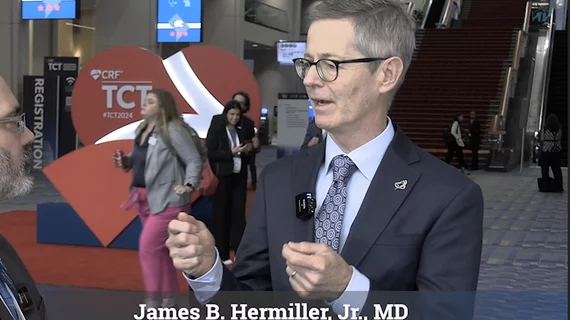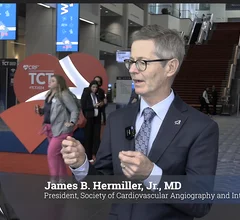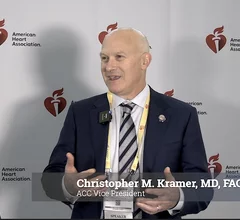Society for Cardiovascular Angiography Interventions (SCAI)
The Society for Cardiovascular Angiography and Interventions (SCAI) represents interventional cardiology through education, advocacy, research, setting guidelines and quality patient care. SCAI provides thought leadership in cath lab procedures, new technology and policy.
Displaying 1 - 8 of 113












